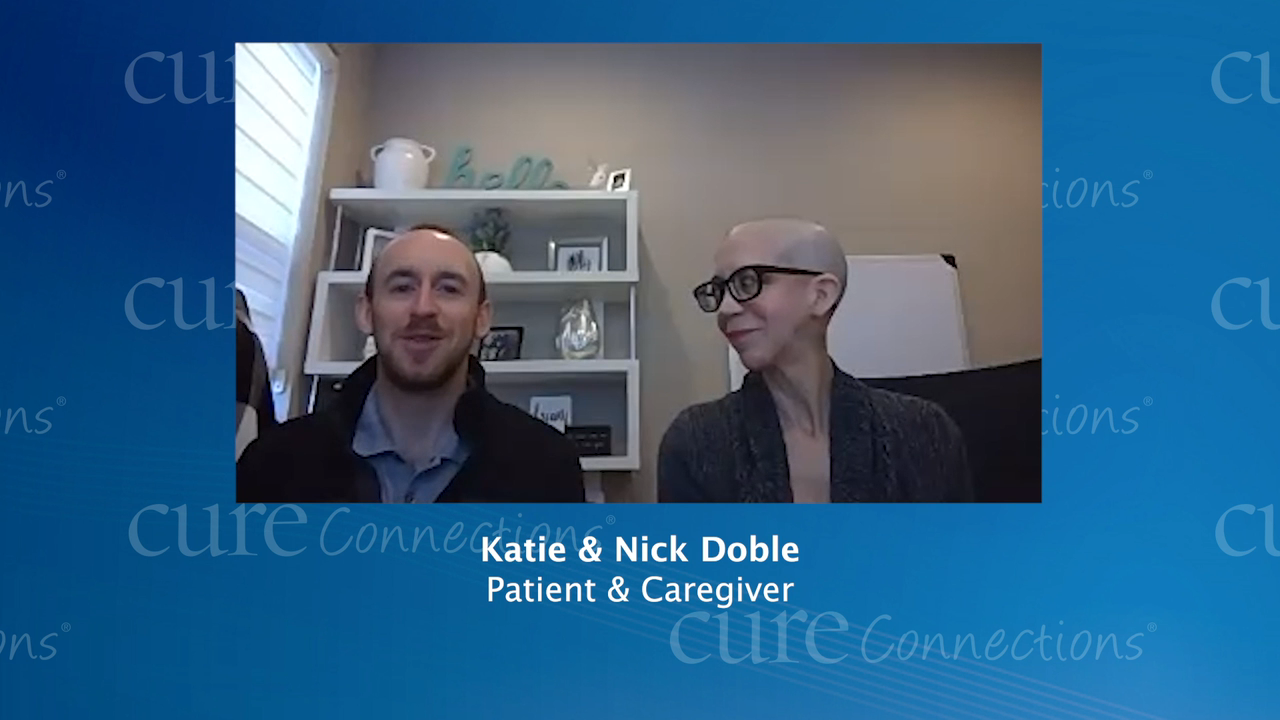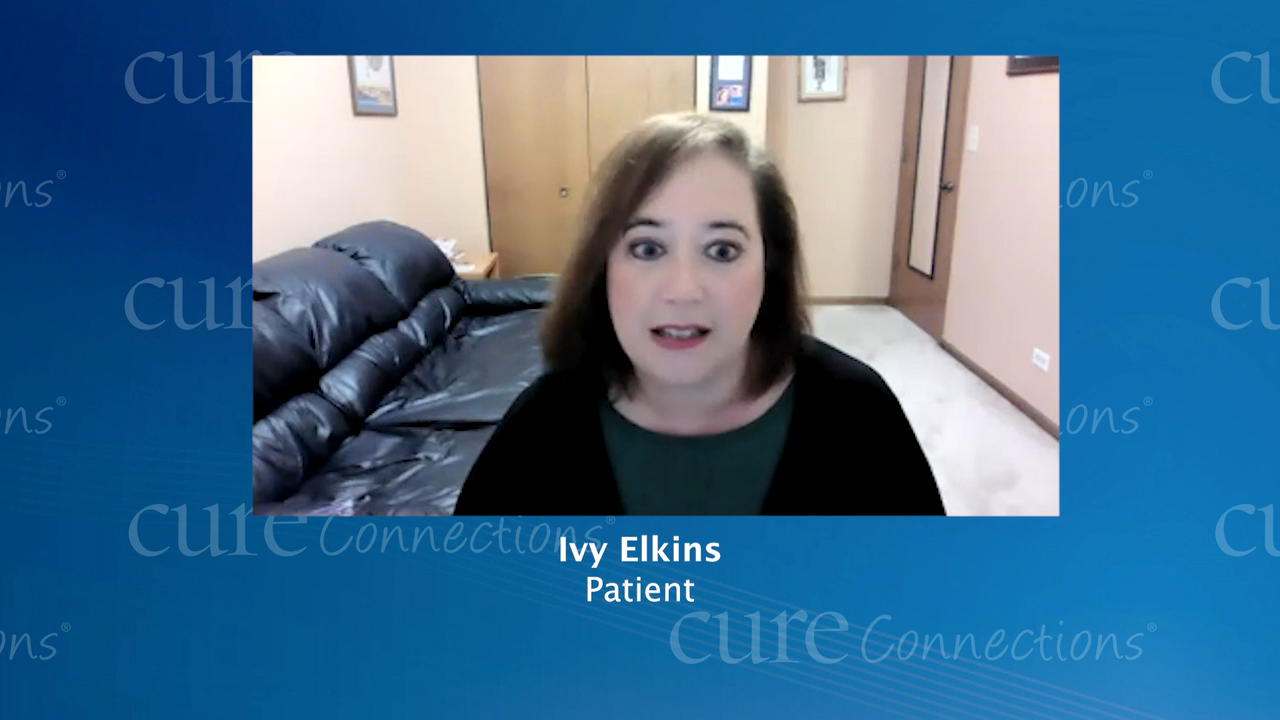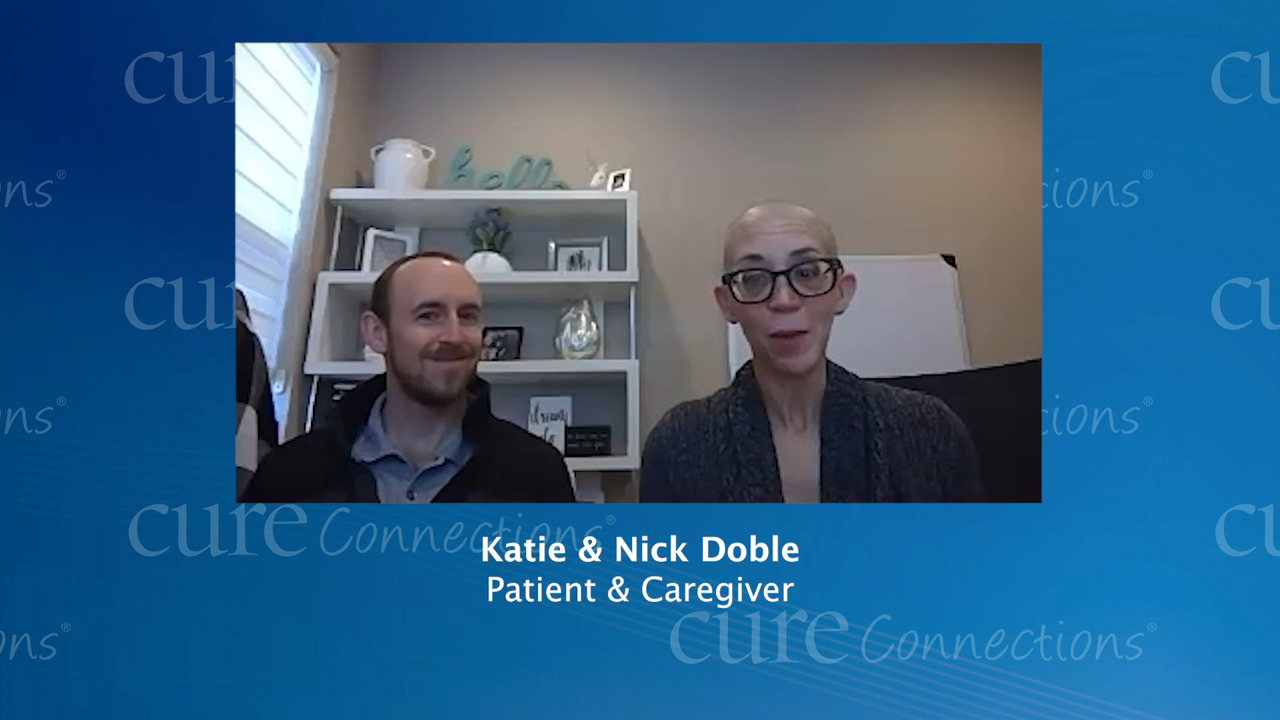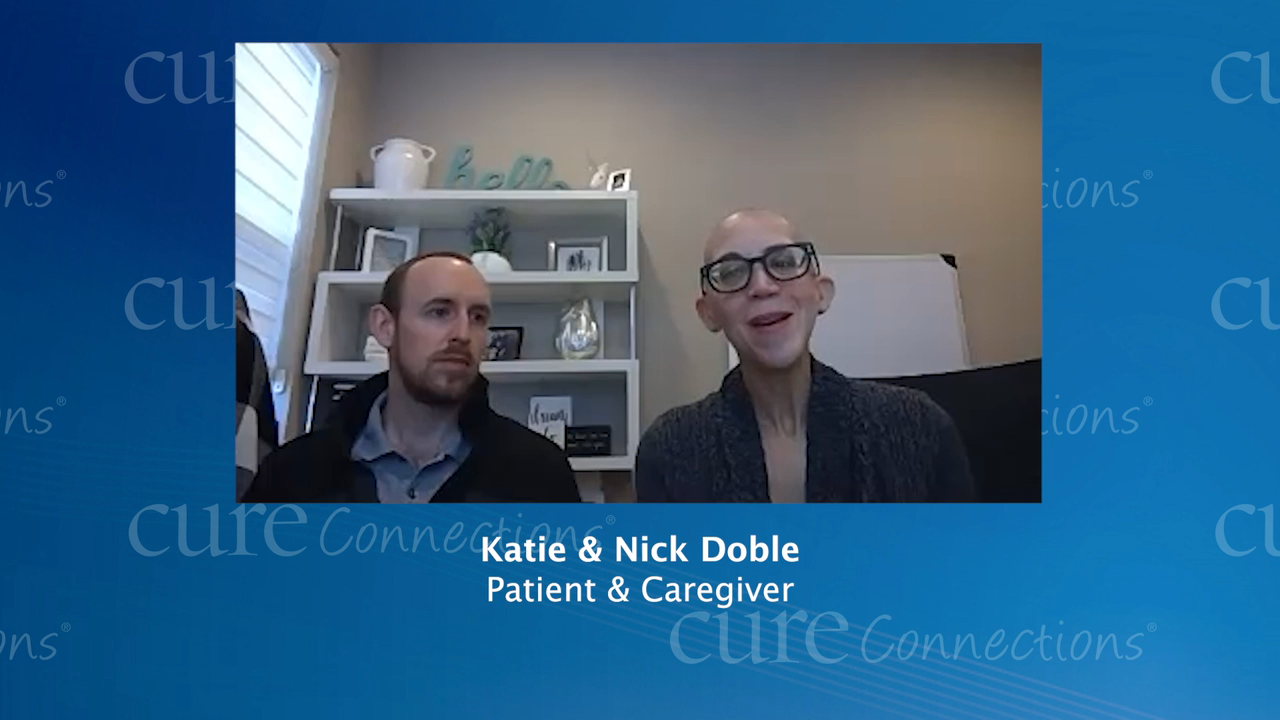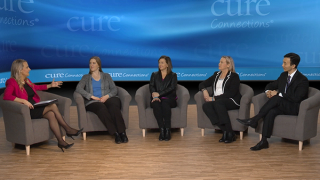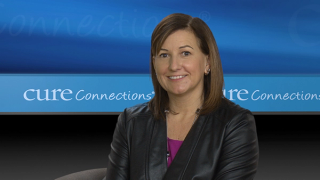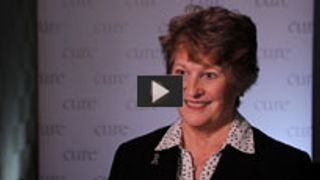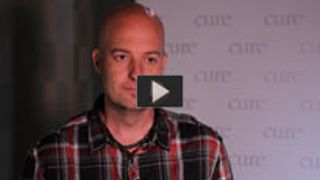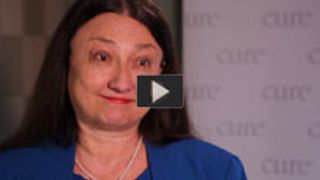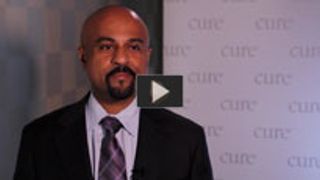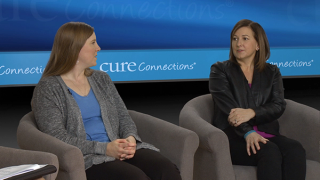
Brain Cancer
Latest News
Latest Videos

More News
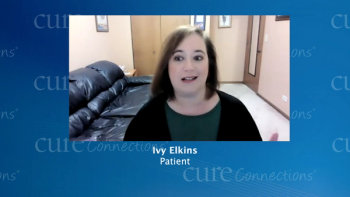
Personal Concerns With Treatment Options for Brain Metastases
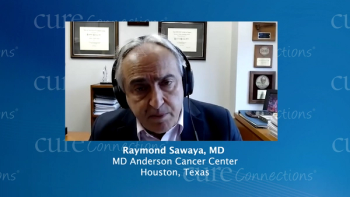
Importance of Clinical Trial Enrollment for Patients With Brain Metastases
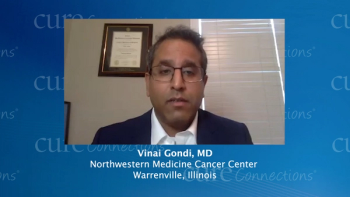
Factors Considered When Selecting Treatment for Brain Metastases
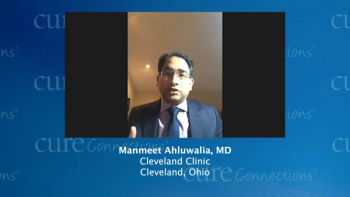
Systemic Therapies Used for Cancer That Has Spread to the Brain
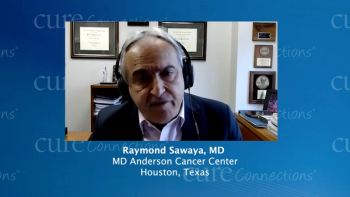
Role of Radiotherapy and Radiosurgery for Brain Metastases
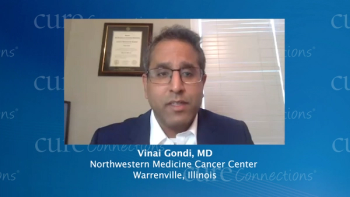
Discussing Goals of Treatment With Patients and Caregivers
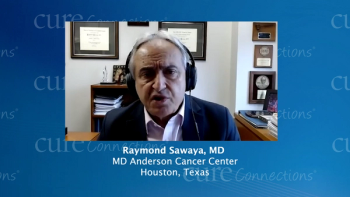
Goals of Treatment for Cancer Which Has Spread to the Brain
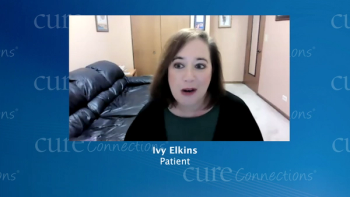
The Importance of a Support System During a Diagnosis of Brain Metastases
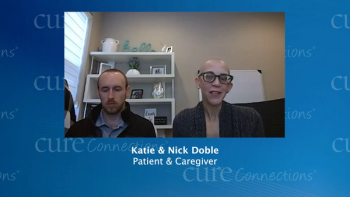
Experiencing a Diagnosis of Brain Metastases
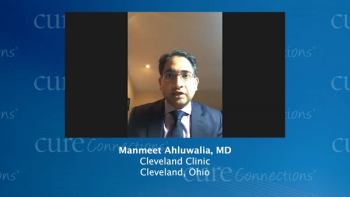
The Diagnosis of Brain Metastases
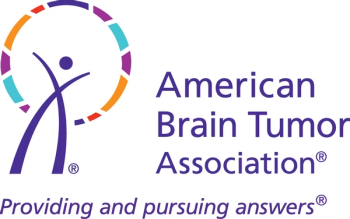
The American Brain Tumor Association offers a wealth of online resources for patients with metastatic brain tumors and their loved ones and caregivers.
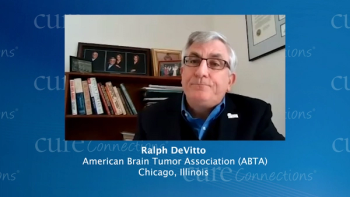
Importance of the American Brain Tumor Association (ABTA)
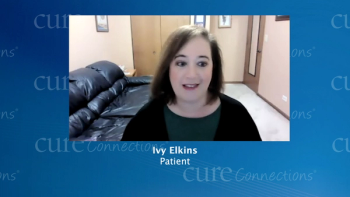
Understanding Your Risk for Brain Metastases
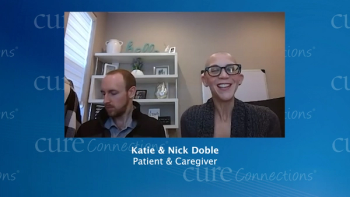
Katie’s Journey With Stage IV Ocular Melanoma That Has Spread to the Brain
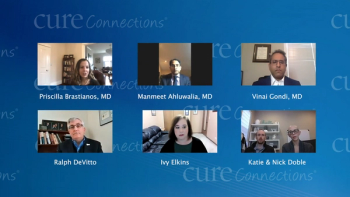
Ivy’s Journey With Stage IV Non–Small Cell Lung Cancer That Has Spread to the Brain
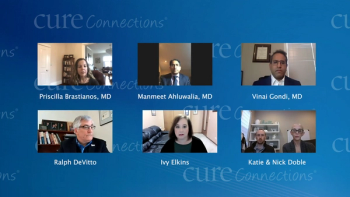
Discussing the Potential for Brain Metastases With Patients
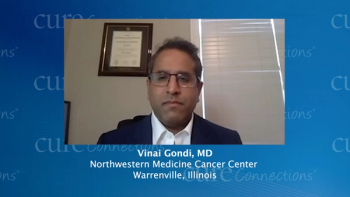
Cancer Types Associated With Brain Metastases

Researchers try new drug combination to improve overall survival in patients with recurrent high-grade glioma, but are unsuccessful.

The approval of an investigational new drug application will allow Berubicin’s manufacturer to begin studying the investigational drug in adults with glioblastoma who have previously failed their first treatment.

President-elect has a well known personal relationship with cancer as his son Beau Biden was diagnosed with glioblastoma and passed from this disease. This high-profile journey and story had an impact on my own journey with cancer.

From the National Cancer Institute releasing promising research data into the genomic mutations that helped “exceptional responders” survive on treatment when others didn’t, to a 15-year-old Kentucky cancer survivor dying from COVID-19, here’s what’s happening in the cancer landscape this week.

The Food and Drug Administration’s approval of Danyelza comes as a result of two trials that assessed the efficacy of the drug in patients with relapsed or refractory high-risk neuroblastoma in the bone or bone marrow who did not have sufficient response to prior therapies.
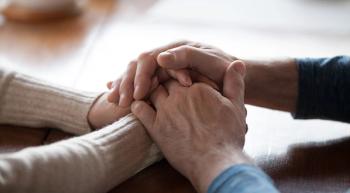
The call that raised the hair on my arms, which is the one I least expected, came at 7:30 a.m. during a sales meeting.

As a caregiver, you rarely have 10 seconds to think or reflect on anything, but with my husband gone now, I find myself looking back more than ever. There are so many things we did right, and so many things I’ll probably always feel unsure of.

After receiving a stage 4 glioblastoma diagnosis, one woman taps into her sense of humor — and turns that into a book.


